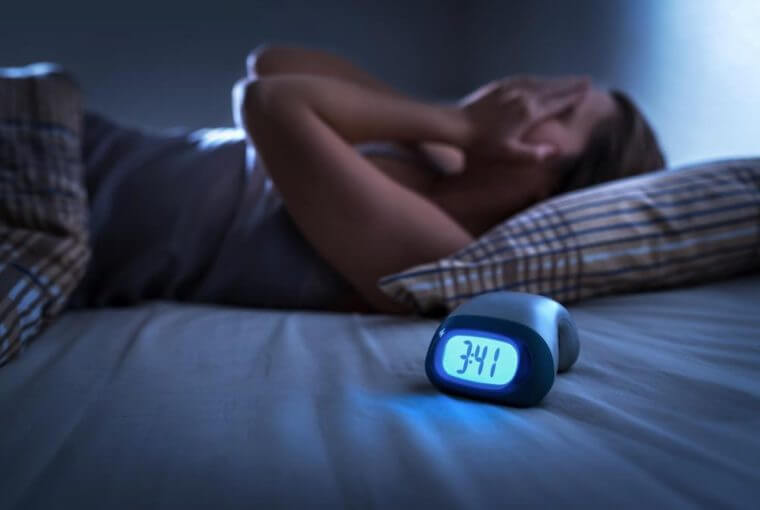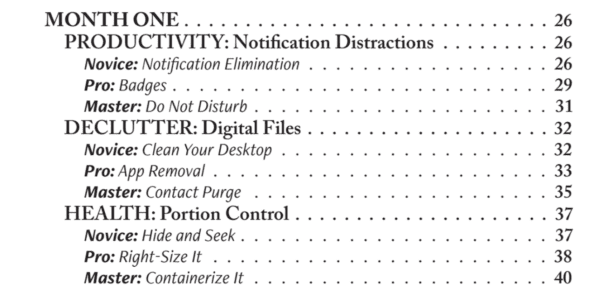Would you rather listen instead? Click here for a the 11-minute audio recording
This is part three of a three-part series on rethinking business travel policies and how to support your road warriors on the road. Part one gave new ideas for eating on the road. Part two covered exercise. Part three covers mental health, which has been neglected or non-existent in most travel wellness programs in the past.
Mental health has declined drastically in the last 18 months. Among US adults age 29 or younger, anxiety increased to 65%, and depression to 61% by November 2020. BizJournals reported that in a survey done by NexTravel, one in five business travelers say it takes a toll on their mental health. Harvard Business Review found those who spend 14 or more nights away from home per month are more likely to report clinical symptoms of anxiety, depression, alcohol dependence, smoking, and trouble sleeping.
All of this costs the traveler in terms of health, productivity, and relationships. For the employers, it's costing you higher medical claims, reduced productivity, absenteeism, and presenteeism, leading to burnout.
Here are some ideas to provide mental health services to your road warriors to keep them emotionally healthy on the road.
Telehealth:
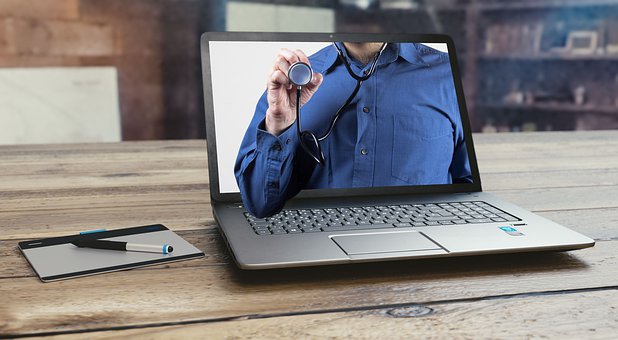
One giant positive coming out of the pandemic was telehealth. As a staunch advocate and user of direct primary care, I've been basking in the wonderfulness of telehealth for a few years now. I've texted photos to my doctor to ask if she could stitch the big gash beside my eye (she couldn't), talked to her by phone to determine if I had food poisoning, and treated a kidney stone without having to drag myself while in extreme pain to her office.
It's about time the conventional medical establishment caught up. Companies are no longer ignoring this. Telehealth doesn't just include primary care and dermatologists, but also counselors and Employee Assistance Programs. At RaderCo, we have an executive crisis specialist who meets by telephone and has worked with employees in 1-5 sessions on the loss of a child, cancer diagnosis, and witnessing a traumatic event. We have a mindfulness specialist who is also a traveler, that can work with the team member to incorporate a mindfulness routine on the road. Having access to specialists without needing to be in person is essential for those struggling with depression or anxiety and keep a routine with their counselor or specialist.
Mobile Meditation and Breathing apps:
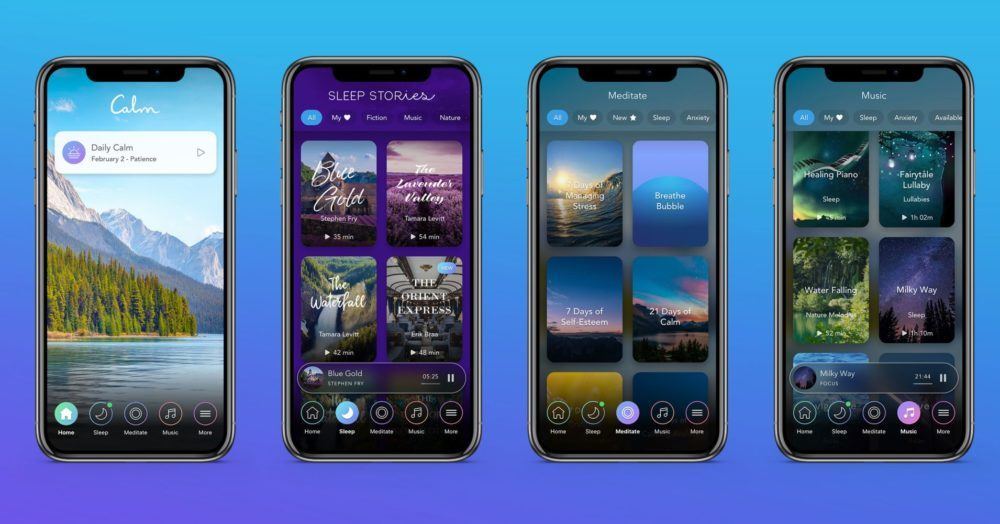
Apps like Calm.com and Headspace offer enterprise-level meditation and breathing exercises from anywhere from 2-30 minutes long. I'm partial to Calm.com and use their Sleep Stories, white noise and nature sounds, breathing exercises, and focus music. They even have meditations when traveling on an airplane and commuting (but not while driving!).
Sleep:
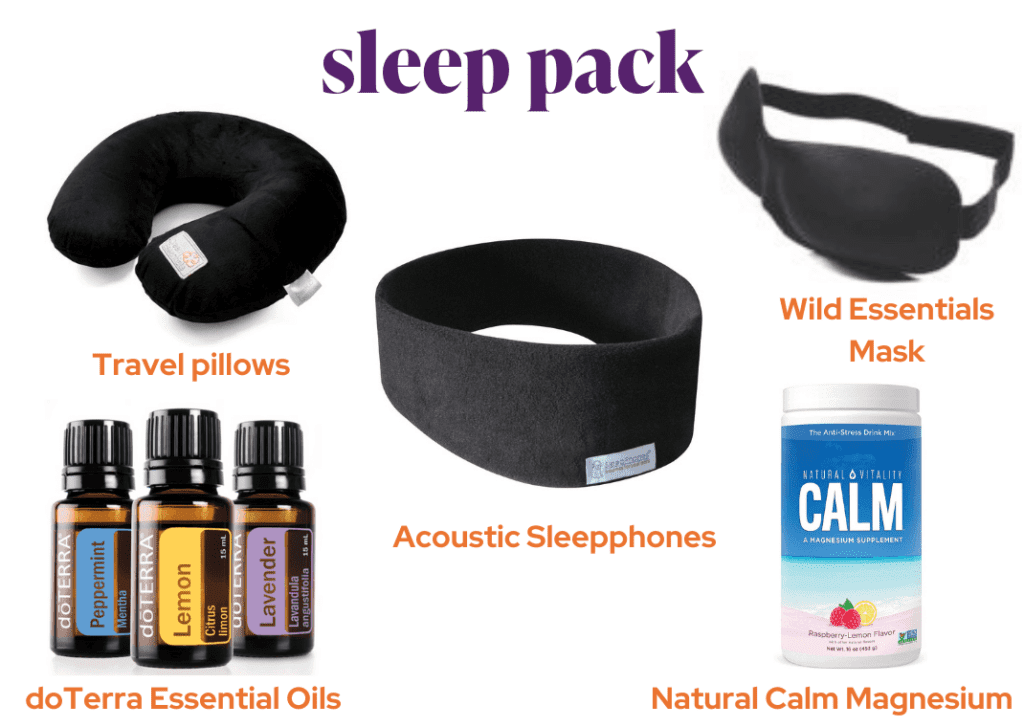
According to the NexTravel report, about half of travelers say they don't get enough sleep, which can compromise the immune system and cause illness after a trip. Sleep is essential and trumps exercise and nutrition in my book, especially on the road. I've written about it here. Companies must reconsider sending people across time zones without rest and expect them to wake up and kill it at the 8:00 am meeting. Why not send your travelers a Sleep Pack that is a toolkit for better zzzzs on the road?
- Acoustic Sheep Sleepphones* – headphones for sleeping that block out all the hotel sounds.
- Wild Essentials contoured sleep mask* – lightweight, adjustable, and because it's contoured, it doesn't leave wrinkles and crinkles on your face.
- Natural Calm magnesium* – powder mixed into water in the evening gives the benefits of relaxing the body and eliminating travel constipation (you know you get it!). Most Americans are deficient in magnesium, but they would also want to check with their doctor.
- Lavender essential oil* – balm or roll-on to signify relaxation. An alternative would be Doterra Travel Guard to help with the immune system while traveling.
Lack of routine is one of the biggest culprits in staying healthy while on the road. Encouraging your travelers to eat, drink, and sleep like an athlete, rather than like they're on vacation, can make a world of difference. Support their need for healthy behaviors, seeing their family, and time for decompressing. This could include a day or two on either end for bleisure travel or to rest.
Rethinking wellness as we embark on a new year of travel can be game-changing in the health and productivity of your road warriors.
What is one thing your company or travel program can do to promote the mental health of your business travelers?
At RaderCo, we have specialists who can help navigate business travel in mindfulness, nutrition, and shrinking that inbox. Please reach out for workshops or private coaching. If you're doing something innovative or your company supports these behaviors for your travelers, please reach out and let us know to use you as a healthy company example!

